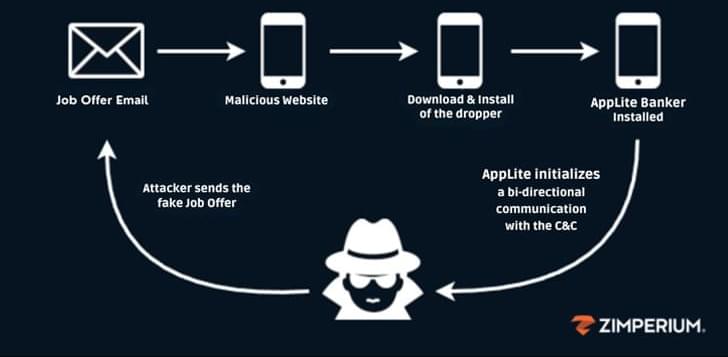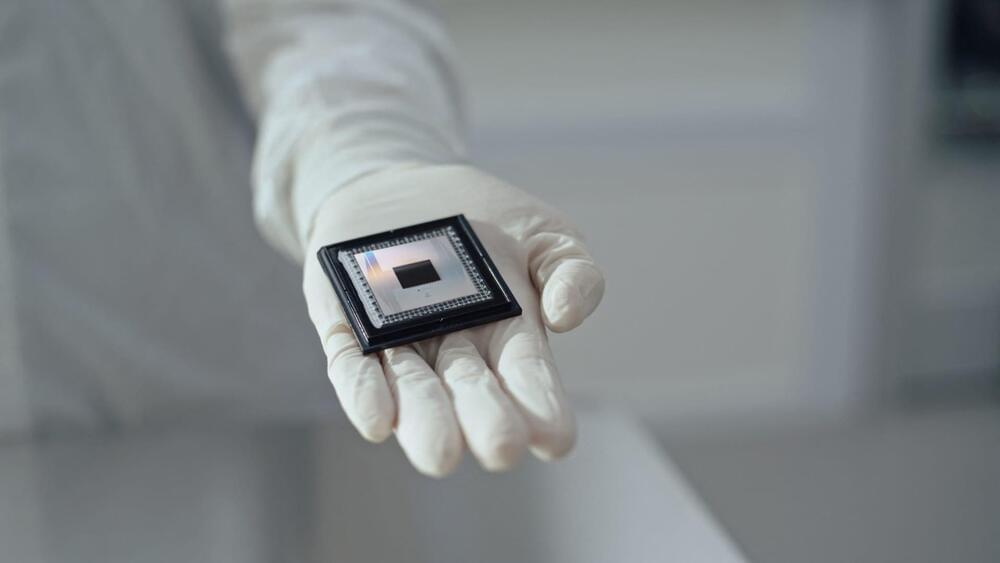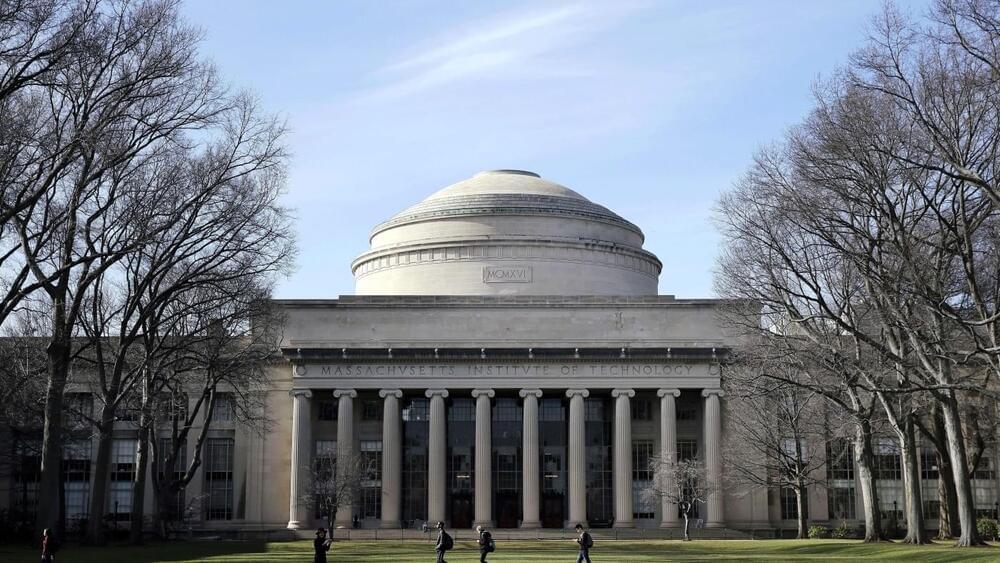Dec 13, 2024
Building A Data Strategy For Successful AI Implementation
Posted by Shubham Ghosh Roy in categories: finance, information science, robotics/AI
Artificial intelligence is no longer just a buzzword; it’s a transformative force reshaping industries, from healthcare to finance to retail. However, behind every successful AI system lies an often-overlooked truth: AI is only as good as the data that powers it.
Organizations eager to adopt AI frequently focus on algorithms and technologies while neglecting the critical foundation—data. Even the most advanced AI initiatives are doomed to fail without a robust data strategy. I’ll explore why a solid data strategy is the cornerstone of successful AI implementation and provide actionable steps to craft one.
Imagine building a skyscraper without solid ground beneath it. Data plays a similar foundational role for AI. It feeds machine learning models, drives predictions and shapes insights. However, as faulty materials weaken a structure, poor-quality data can derail an AI project.

















